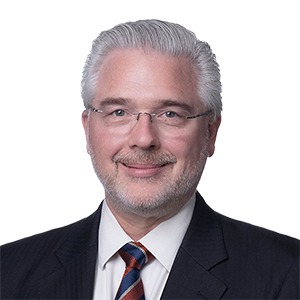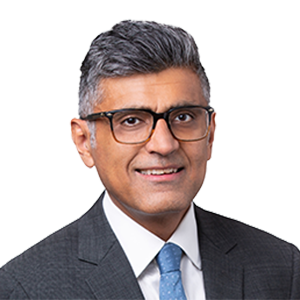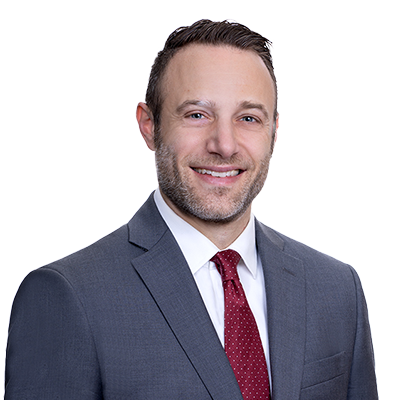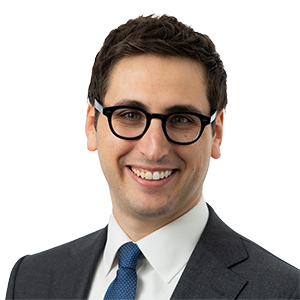The United States Court of Appeals for the Second Circuit recently rebuffed the SEC's (US Securities and Exchange Commission) attempt to broaden the scope of so-called scheme liability in SEC v. Rio Tinto plc, No. 21-2042, 2022 WL 2760323 (2d Cir. July 15, 2022). The SEC had charged the defendants (including two individuals) with securities fraud, including scheme liability. The narrow issue presented on appeal was whether misstatements and omissions—without more—could support scheme liability. On July 15, 2022, the Second Circuit rejected the SEC's scheme-liability theory, holding that "misstatements and omissions can form part of a scheme liability claim, but an actionable scheme liability claim also requires something beyond misstatements and omissions, such as dissemination." Id. at *1 (emphasis added). The Second Circuit's decision is significant because the SEC's position if adopted, would have lowered the threshold for primary liability for fraudulent schemes. This, in turn, threatened to expand private rights of action under the federal securities laws, as private plaintiffs are prohibited from pursuing aiding-and-abetting secondary liability claims.
Statement and scheme liability
Section 10(b) of the Securities Exchange Act of 1934 (the Exchange Act), Rule 10b-5 thereunder and Section 17(a) of the Securities Act of 1933 (the Securities Act) prohibit fraudulent statements and fraudulent schemes in connection with the offer and sale of securities.
For fraudulent statements, Rule 10b-5(b) prohibits making any "untrue statement of a material fact." Section 17(a)(2) of the Securities Act also establishes liability for untrue statements or omissions of a material fact. For fraudulent schemes, Rule 10b-5(a) prohibits the employment of "any device, scheme or artifice to defraud." Rule 10b-5(c) and Section 17(a)(1) of the Securities Act have similar prohibitions that create liability for schemes to defraud. Under the Second Circuit's decision in Lentell v. Merrill Lynch & Co., scheme liability is precluded if "the sole basis for such claims is alleged misrepresentations or omissions." 396 F.3d 161, 177-78 (2d Cir. 2005)
While the Supreme Court has held that only the "maker" of a statement can be liable for fraudulent statements, Janus Capital Group, Inc. v. First Derivative Traders, 564 US 135, 142 (2011), it ruled in 2019 that the someone who was not a "maker" of a statement could be liable for a fraudulent scheme, Lorenzo v. SEC, 139 S. Ct. 1094, 1099 (2019). In Lorenzo, the Court found a defendant who knowingly disseminated false statements liable for a fraudulent scheme despite the fact that his supervisor was the "maker" of the statements at issue. The Court wrote: "[t]hose who disseminate false statements with intent to defraud are primarily liable under Rules 10b-5(a) and (c), §10(b), and §17(a)(1), [i.e. the scheme liability provisions] even if they are secondarily liable under Rule 10b-5(b) [i.e. statement liability]." Id. at 1102, 1104.
Background
With respect to the scheme liability provisions at issue in Rio Tinto, the SEC alleged that the defendants failed to prevent misleading statements from being disseminated to others—but did not allege that the defendants themselves disseminated false statements. Rio Tinto, 2022 WL 2760323, at *2. Thus, the question presented to the Second Circuit was whether Lentell's holding that scheme liability cannot be supported solely by alleged misrepresentations or omissions remains good law in the wake of Lorenzo.
The Second Circuit's decision
In its decision, the Second Circuit held that Lorenzo did not abrogate Lentell, and misstatements and omissions alone still cannot form the basis for scheme liability. The Court found that the dissemination of information was "key" to Lorenzo's holding and that "something extra" beyond misstatements and omissions is required to support scheme liability. Id. at *5. The Second Circuit found that dissemination was an example of "something extra" but, given the narrow posture of the case on appeal, the Court declined to consider whether the alleged conduct at issue, such as "corruption of an auditing process" or "allegations that a corporate officer concealed information from auditors," would meet that threshold. Id. at *6.
The Second Circuit further supported its decision by noting: (1) "[w]ere "misstatements and omissions alone sufficient to constitute a scheme, the scheme subsections would swallow the misstatement subsections," which would conflict with Supreme Court precedent; (2) preserving the distinctions between the statement and scheme liability subsections further preserves the heightened pleading requirement for Rule 10b-5(b) claims under the Private Securities Litigation Reform Act (PSRLA), which do not apply to Rule 10(b)-5(a) or (c); and (3) "overreading Lorenzo would muddle primary and secondary liability" and the claims that could be brought by private parties as opposed to just the SEC. Id. at *6-*7.
Implications
In rejecting the SEC's expansive theory of scheme liability, the Second Circuit signaled a number of important lessons for companies, individual defendants and defense counsel.
- Defendants should be vigilant to attempts to "plead around" statement fraud, in particular, private plaintiffs using scheme allegations to evade statutory prohibitions on private claims of accessory liability. As the Second Circuit affirmed, plaintiffs cannot reframe misstatements as "scheme" cases in order to circumvent Supreme Court precedent that a misstatement case requires dissemination.
- Defendants should be alert to attempts by the SEC or private plaintiffs to blur the statutory and conceptual distinctions between statement and scheme liability and hold plaintiffs to their burden to plausibly plead the requisite "something extra" to establish scheme liability based entirely on misstatements or omissions.
- Defendants should take full advantage of the PSLRA's heightened pleading standards when a plaintiff's allegations fairly may be characterized as asserting primary statement liability.
The Second Circuit's decision will not mark the end of litigation on scheme liability. The Court's narrow framing of the issue makes clear that the boundaries of what constitutes "something extra" or "something beyond" a misstatement or omission sufficient to assess scheme liability will be contested and fact-specific.








